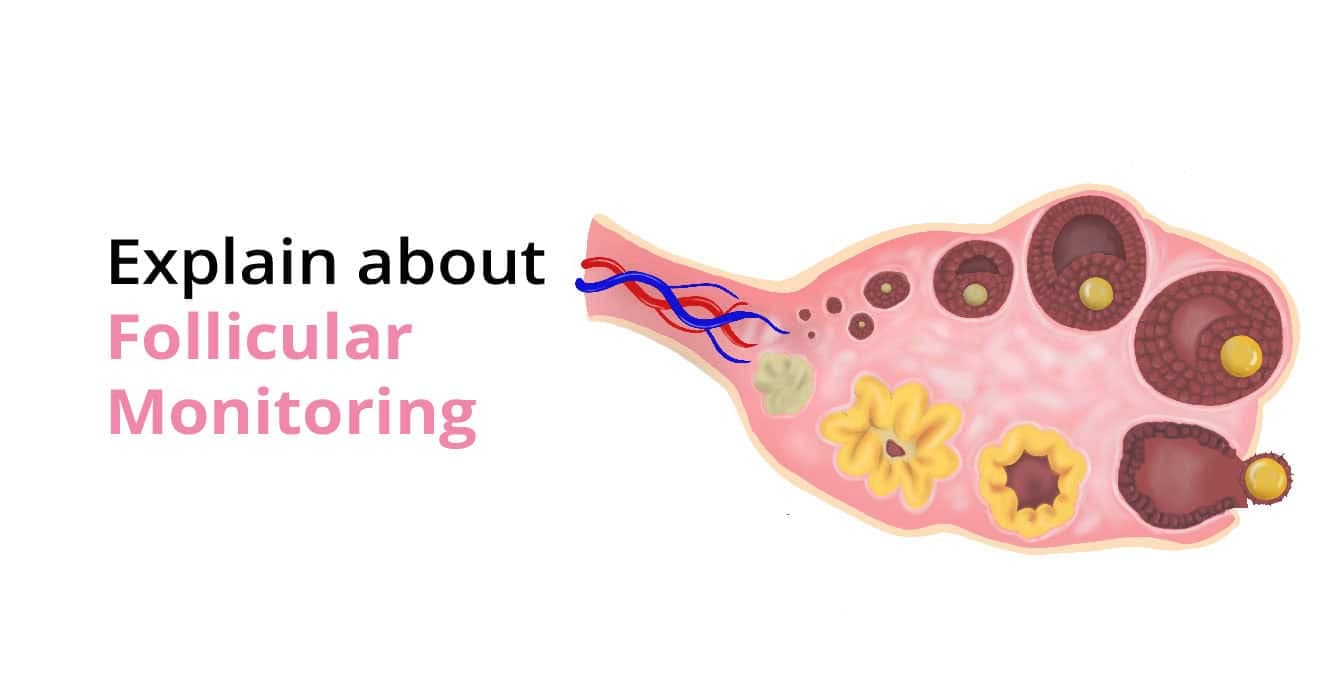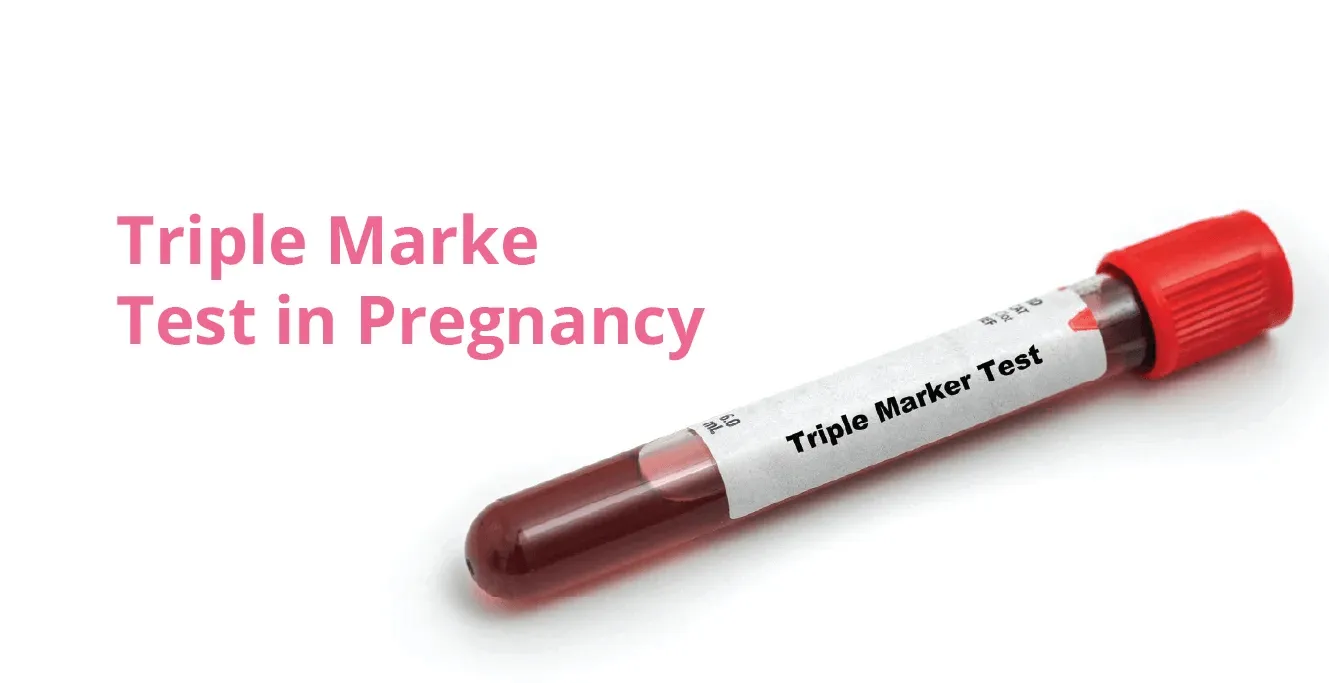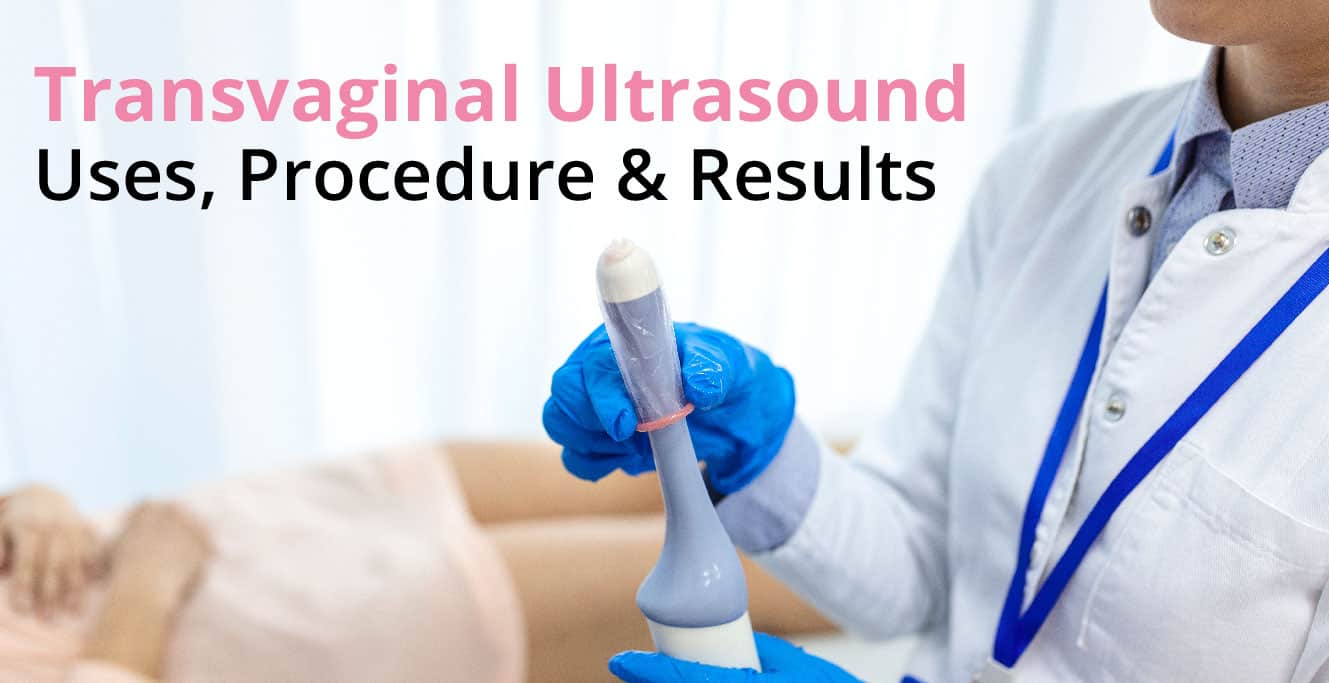
Follicular Monitoring: Purpose, Procedure & Benefits

Table of Contents
- What is a Follicular Study?
- Why is a Follicular Study Conducted?
- Who Should Get a Follicular Study?
- When Should You Get a Follicular Study?
- How is Follicular Study Done?
- How Long Does a Follicular Study Take?
- What Happens to Follicles During IVF?
- What are the Benefits of Follicular Monitoring Treatment?
- How Does Follicular Monitoring Work?
- Conclusion
- FAQs
Follicles are tiny fluid-filled sacs in the ovary that hold your eggs. The follicles grow in size and develop as the eggs mature.
When an egg or oocyte matures, the follicle releases the mature egg out of the ovary in a process called ovulation. This is an integral part of the fertility cycle. While your follicles grow, they also release hormones like oestrogen that regulate your reproductive cycle.
What is a Follicular Study?
A follicular study is a way for doctors to keep an eye on your ovaries and eggs. They use a special machine called an ultrasound to take a peek inside. This helps them see how your follicles are growing and changing throughout your menstrual cycle.
Follicular study is also known as the following:
- Follicular monitoring
- Follicular tracking
- Follicular scan
- Koopik Nigarani (in Hindi)
Why is a Follicular Study Conducted?
There are a few reasons why your doctor might suggest a follicular study:
- If you’re having trouble getting pregnant, it can help figure out if there’s a problem with your ovulation.
- It can help pinpoint the exact day you ovulate, so you know the best time to have sex or get fertility treatments like Intrauterine Insemination (IUI) or In Vitro Fertilisation (IVF).
- If you’re taking fertility drugs, it can help make sure they’re working right and adjust the dose if needed.
- It also lets the doctor check your uterus to make sure it’s ready for a baby to snuggle in.
Who Should Get a Follicular Study?
Follicular studies can be helpful for:
- Women doing IVF or IUI to figure out the best time to retrieve eggs or do insemination.
- Women under 35 who have been trying to get pregnant for over a year
- Women over 35 who haven’t gotten pregnant within six months
- Women with irregular cycles (like PCOS)
- Couples having trouble conceiving, to see if there are any issues with ovulation.
- Women who have gone through menopause early, to check how many eggs they have left.
- Women taking fertility meds, to make sure they’re working and adjust the dose if needed.
When Should You Get a Follicular Study?
You’ll usually have a few scans at different times in your menstrual cycle:
- The first one, called a baseline scan, is done on day 2 or 3 of your period. This gives the doctor a starting point to compare the rest of your scans.
- After that, you’ll have scans every 1-3 days to watch your eggs grow and see when you ovulate.
- If your periods are regular, you’ll probably start ultrasounds around day 10 of your cycle. For shorter cycles, you might start sooner.
- If you’re taking meds like clomiphene or letrozole, you’ll likely get an ultrasound on day 3 to check your baseline. Then you’ll keep getting them until you ovulate.
- If your menstrual cycle is irregular, you might start monitoring from the beginning of your period to catch follicle growth whenever it happens.
How is Follicular Study Done?
Follicular monitoring begins when the ovaries are not active or resting. This means that the follicles have not started the growth process. As you begin treatment and medication, the follicles start growing. They also begin to release oestrogen, which increases your oestrogen levels.
Along with the follicular monitoring, medications and hormonal injections are continued over the course of your fertility cycle. Your ovaries are stimulated to help them produce mature eggs. You undergo regular check-ups and ultrasound scans to track your follicular cycle.
The ultrasound scans indicate whether the follicles have grown to the right size and the number of follicles that have developed. This is known as the ultrasound sonography (USG) scan test or USG for follicular monitoring. Based on the ultrasound scans, you will get a follicular monitoring report.
This monitoring process will continue throughout the stimulation process. It helps the fertility specialist understand whether the ovaries are responding to the treatment and whether the treatment or stimulation needs to be modified.
Here’s an overview of what happens during follicular monitoring:
- Transvaginal ultrasound: The doctor puts a special wand (called a transducer) into your vagina to get a good look at your ovaries. They measure how big your follicles are and count how many you have. It only takes about 5-10 minutes and doesn’t hurt.
- Blood tests: The doctor will also check your hormone levels (like oestrogen and FSH) to see how your follicles are growing and maturing.
- Tracking follicle size: Mature follicles are usually between 18-25 mm. The doctor also checks how thick your uterine lining is to make sure it’s ready for a fertilized egg to snuggle in.
How Long Does a Follicular Study Take?
The length of a follicular study depends on your cycle and how often you need scans:
- The first baseline scan usually takes about 15-30 minutes.
- The follow-up scans are a bit quicker, around 10-20 minutes each, and you’ll have them every 1-3 days.
What Happens to Follicles During IVF?
During in vitro fertilisation (IVF), your ovaries are stimulated to encourage the growth of the follicles so that they produce mature eggs.
When the follicles have reached the required size, it indicates that the mature eggs are ready. This is when you will receive a trigger shot – a hormonal injection that triggers your follicles to release the eggs.
You will then undergo the egg retrieval procedure, whereby the mature eggs are removed from your follicles. Using a needle guided by ultrasound imaging, the IVF specialist or gynaecologist will retrieve fluid from the follicles in your ovaries. This fluid contains mature eggs.
The timing is important because the trigger shot and egg retrieval must occur just before the follicles rupture and release the eggs (ovulation).
This allows the mature eggs to be collected so they can be fertilised by sperm in the IVF process, which is why follicular monitoring is so important for IVF treatment.
What are the Benefits of Follicular Monitoring Treatment?
Follicular monitoring has various benefits for understanding your reproductive cycle and for fertility treatment. These include:
Understanding Your Reproductive Cycle
Follicular monitoring reports help fertility specialists, gynaecologists, or OB-GYNs understand the condition of your fertility and the functioning of your reproductive cycle. They also help track the development of mature eggs in your ovaries.
All the reproductive processes are closely connected to the follicle cycle. It affects the release of reproductive hormones and your body’s preparation for pregnancy.
This is why follicular monitoring plays such an important role in fertility treatment and pregnancy planning.
Tracking Your Cycles for IVF Treatment
Follicular monitoring is important for IVF treatment because it helps the fertility specialist track the growth of follicles in your ovaries. It indicates the right time for administering medications or hormonal injections.
It is especially important in deciding the right time for the trigger injection, which initiates the release of eggs before egg retrieval. It ensures that the mature eggs are collected in time so that the ovaries do not release them before egg retrieval.
Follicular monitoring also helps your fertility specialist or gynaecologist understand how you are responding to the treatment. If the follicles are growing too quickly or too slowly, the stimulation protocol may need to be adjusted.
Besides that, monitoring the follicle growth cycle is important because it affects reproductive hormones like oestrogen. If the follicle cycle is proceeding optimally, the oestrogen levels in your body will also be balanced accordingly.
Pregnancy Planning
Follicular monitoring helps you understand the timing of your reproductive cycle and when you are producing mature eggs. This allows you and your partner to plan your efforts to conceive and get pregnant with more accurate timing and better understanding.
In this way, it can improve your chances of conception.
Uterus Preparation
The gynaecologist, fertility specialist, or OB-GYN can track the thickness of your uterus by checking your follicle growth cycle.
The follicle cycle regulates the release of hormones, which affects the thickening of the uterus wall in preparation for implantation. Implantation is the process where a fertilised egg attaches to the lining of your uterus.
Follicle monitoring can help track whether your uterus is thickening properly so that implantation can take place successfully.
How Does Follicular Monitoring Work?
Follicular monitoring itself can’t guarantee you’ll get pregnant, but it definitely ups your chances by helping you time things just right:
-
IVF success: By timing your egg retrieval perfectly based on follicular monitoring, you can boost your chances of a successful IVF cycle. It makes sure they grab your eggs when they’re just ripe enough.
-
Natural conception: For couples trying to make a baby the old-fashioned way, timing sex based on follicular monitoring can make it more likely you’ll get pregnant.
Conclusion
Follicular monitoring is an important tracking process in fertility treatment. If you are concerned about your reproductive cycle and fertility, it is best to visit a gynaecologist or a fertility specialist.
A fertility specialist can suggest appropriate tests to help determine what is making it difficult for you to become pregnant. They can then suggest a suitable course of treatment for you and your partner. IVF treatment and regular follicular monitoring can help you conceive.
FAQs
1. Can follicular monitoring confirm pregnancy?
Follicular monitoring cannot confirm pregnancy. However, it helps identify the presence of mature follicles and the timing of ovulation. It can also help check whether your body is properly preparing itself for pregnancy.
2. Is follicular monitoring painful?
Follicular monitoring is not painful. It involves continuous treatment or medications and regular ultrasound scans. The ultrasound scan does not cause any pain.
3. When should you monitor follicles?
Follicles are monitored from the time when they start growing to the time when they mature. The process begins when follicles have not yet started maturing and continues until the follicles reach the right size, till the mature eggs are ready to be released.
4. How much does follicular monitoring cost?
Follicular monitoring prices can vary between ₹2000 to ₹3000 for the multiple scans involved in the process.
Our Fertility Specialists
Related Blogs
To know more
Birla Fertility & IVF aims at transforming the future of fertility globally, through outstanding clinical outcomes, research, innovation and compassionate care.
Had an IVF Failure?
Talk to our fertility experts

 Our Centers
Our Centers




















